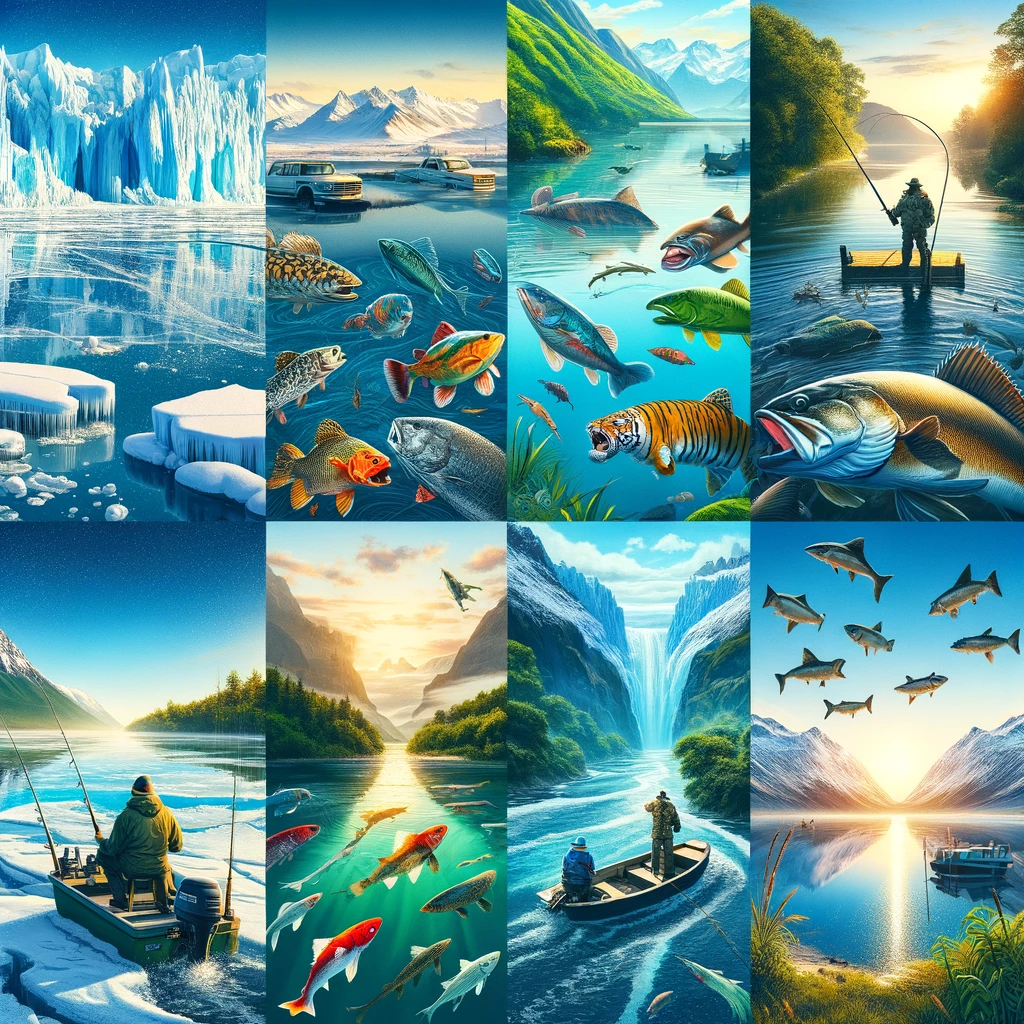Fishing Partner
Finding the right fishing partner can significantly enhance your fishing experience. Whether you’re a seasoned angler or a novice, having someone to share the experience with can provide support, camaraderie, and safety. Here are several insights on how to find and maintain a great fishing partnership.
Choosing the Right Partner
Start by considering your fishing style and preferences. Aligning with someone who shares similar goals is crucial. If you enjoy early morning fishing, ensure your partner does as well. Compatibility in terms of commitment and enthusiasm will make the experience more enjoyable.
Assessing Experience Levels
Partners with differing levels of experience can benefit each other. An experienced angler can mentor a novice, while the novice can bring fresh perspectives. Balance is key. Respect each other’s skills and be open to learning and teaching.
Communication and Planning
Effective communication is essential. Discuss expectations clearly before each trip. Plan details such as destination, timeframe, and equipment needed. A well-organized trip reduces stress and increases the enjoyment of fishing.
Safety Considerations
Safety should be a top priority. Discuss and agree on safety protocols. Ensure both partners are comfortable with CPR and first aid. Keep emergency contact information handy. Trust each other to follow safety guidelines.
Building a Strong Partnership
Mutual respect forms the foundation of a strong fishing partnership. Respect each other’s opinions and choices. Share responsibilities equally, whether it’s packing gear or cleaning up. Recognize and appreciate each other’s efforts.
Sharing Responsibilities
Divide tasks based on strengths and preferences. One partner may handle navigation while the other manages equipment. This division makes the trip smoother and more enjoyable. Balance work and fun to keep the partnership healthy.
Maintaining Patience and Adaptability
Fishing can be unpredictable. Stay patient and adaptable. If plans change due to weather or other factors, work together to find solutions. Flexibility and a positive attitude help both partners enjoy the experience even when things don’t go as planned.
Celebrating Successes and Learning from Failures
Celebrate your catches and learn from the ones that got away. Review what worked and what didn’t. This continuous learning process strengthens the partnership and improves future fishing trips. Acknowledge each other’s successes and support each other in failures.
Practical Tips for a Successful Trip
Preparation is key to a successful fishing trip. Ensure both partners know the basics about the fishing location. Research the types of fish available and the best techniques to catch them. Familiarize yourselves with local regulations and seasons.
Equipment Check
Ensure all equipment is in good working condition before setting out. Test rods, reels, lines, and hooks. Pack spare parts and repair kits. Proper equipment maintenance prevents mishaps during the trip.
Weather and Water Conditions
Check the weather forecast and water conditions. Dress appropriately and carry extra clothing for unexpected changes. Be aware of tides, currents, and other environmental factors that may impact fishing.
Food and Hydration
Pack sufficient food and water. Stay hydrated and keep energized with healthy snacks. If the trip lasts several days, plan meals in advance. Balanced nutrition helps maintain energy levels and focus.
Respecting Nature and Wildlife
Respect the environment and wildlife. Follow catch-and-release practices where applicable. Avoid littering and ensure all waste is properly disposed of. Conservation efforts preserve fishing spots for future trips.
Conclusion (Do not label as Conclusion)
Finding and maintaining a great fishing partner involves a combination of compatibility, communication, and mutual respect. By sharing responsibilities and adapting to changing conditions, partners can enjoy successful and enjoyable fishing trips. Thorough preparation and respect for nature contribute to a fulfilling and responsible fishing experience.
